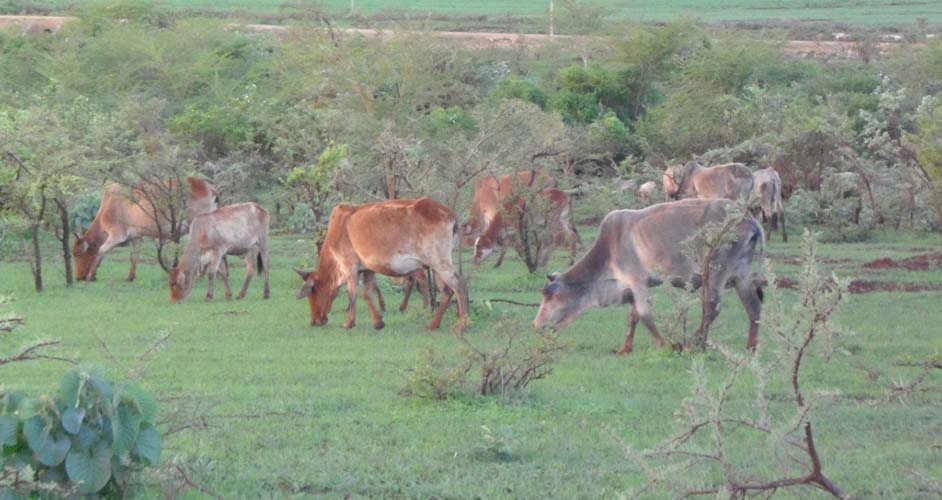Sustainable management of an Ethiopian rangeland for biodiversity and pastoralists
Funder
The Darwin Initiative
Value
Total £285,490. Value to CU £5,040
Collaborators
Royal Society for the Protection of Birds (RSPB) (Lead Organisation), Manchester Metropolitan University (MMU), BirdLife International (BI), SOS-Sahel and Ethiopian Wildlife and Natural History Society (EWNHS).
Team
Dr James Bennett (Coventry University), Sarah Havery (RSPB), Dr Huw Lloyd (MMU), Kariuki Ndanganga (BI), Abduba Yacob (SOS-Sahel) and Yilma Abebe (EWNHS).
Duration
1April 2015 – 30 September 2018
Project Objectives
Sustainable management of the Liben Plain enhances livelihoods and food security for 10,000 pastoralists, prevents mainland Africa’s first bird extinction and integrates biodiversity conservation into Ethiopian rangeland recovery.
- By end of project, around 2,000 pastoralist households (10,000 people, including c.2,000 women and 7,000 children) on and around the Liben Plain have access to milk during the dry season, reporting a closure of the current hunger gap
- By end of project, three CBOs (70 people, >35 women) have the capacity to support communities to implement livelihood development/diversification initiatives.
- By end of project, the precipitous population decline of the Critically Endangered Liben Lark has been halted or reversed4. By end of project, the potential for integrating biodiversity conservation with pastoralist development is understood by at least 10 key government and civil society stakeholders.
Impact
Impact is being achieved through deliverables that focus primarily on trying to generate livelihood benefits for local pastoralists in ways that are sympathetic with the conservation of the critically endangered Liben Lark (Heteromirafra archeri). Specifically: -
- Construction of grassland enclosures (kallos). To date 118 ha of community kallo with damaged scrub fencing has been repaired, and an additional 231 ha, has been added. This has effectively tripled the amount of conserved grass available to pastoralist livestock during the dry season. The benefits of this in terms of improved milk yields will be assessed through the final household survey undertaken in 2018 and compared with the baseline household survey undertaken when the project was initiated in 2015. The anticipated benefits to the Liben Lark in terms of arresting its population decline have not yet been assessed due to difficulty of travel to the area.
- Expansion of grassland areas. To date 690 ha of invasive scrub has been cleared from the Liben Plain, enabling expansion of grassland by some 9% compared to the original extent, thereby creating additional grazing for livestock. The impact of this on both livestock production (milk yield) and potential increases in Liben Lark numbers will be assessed during 2018.
- Capacity building amongst pastoralists. Three Community-Based Organisations (CBOs) have been established and legally registered. Through these, 101 pastoralists had received training in business and financial management (68 men and 33 women), with a further 52 (43 women and 9 men) trained in basic literacy. Furthermore, Darwin funding has enabled the construction of a building for one of these (The Liben Lark Cooperative) and the purchase of 20 bulls for fattening by cooperative members.





